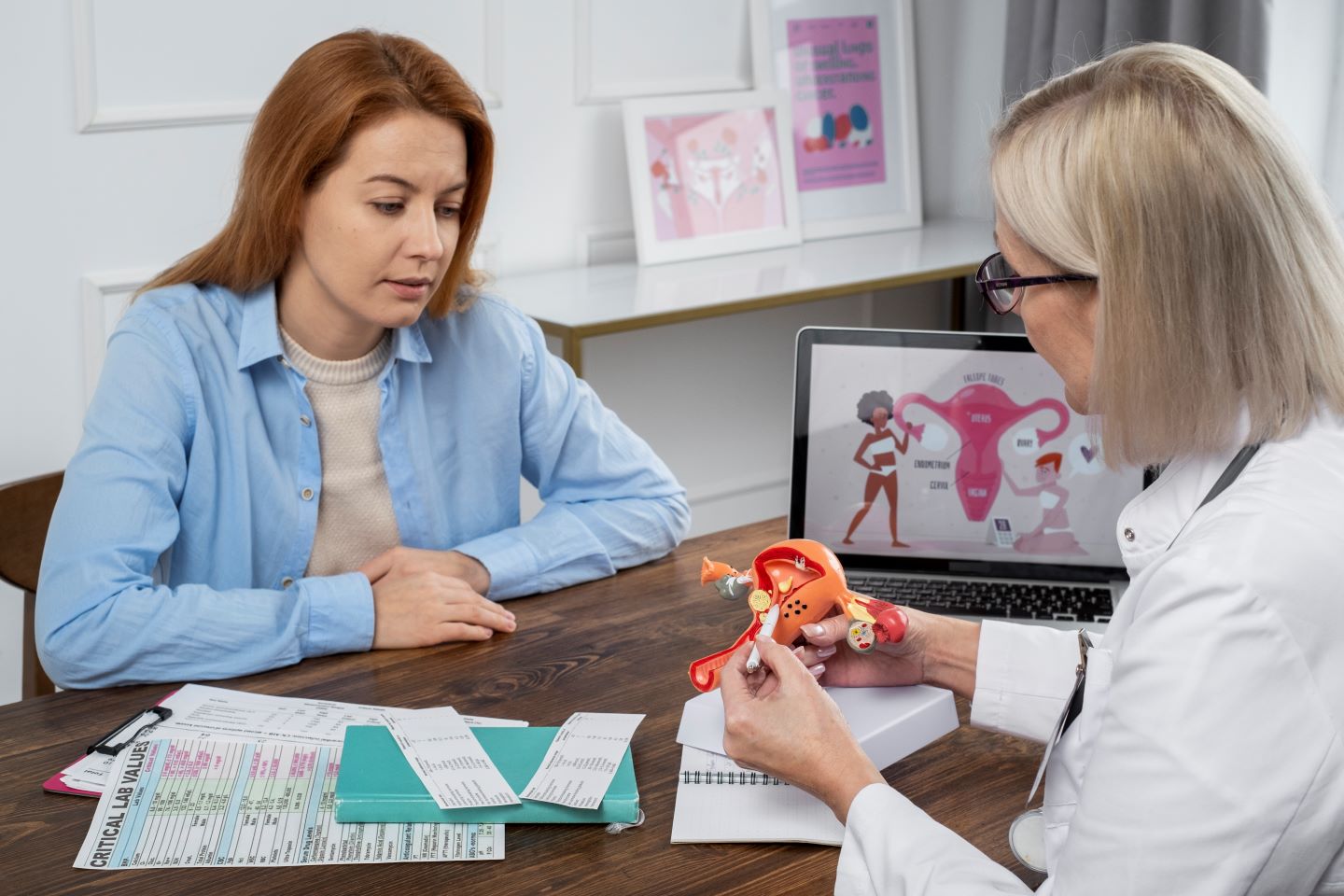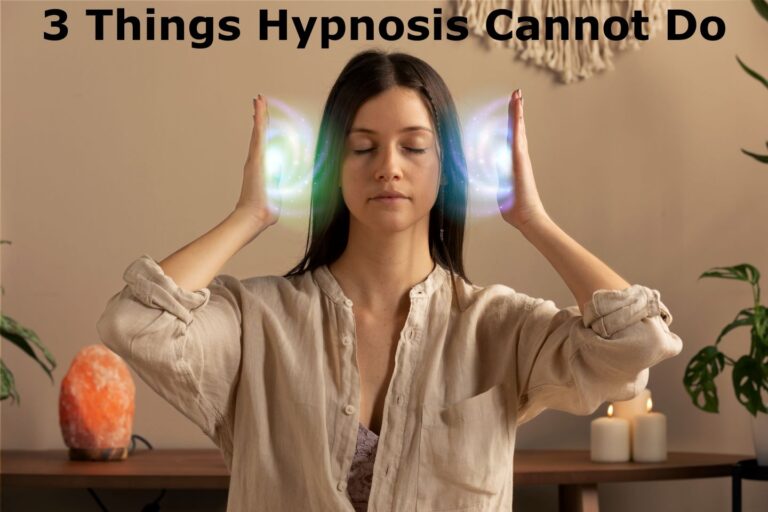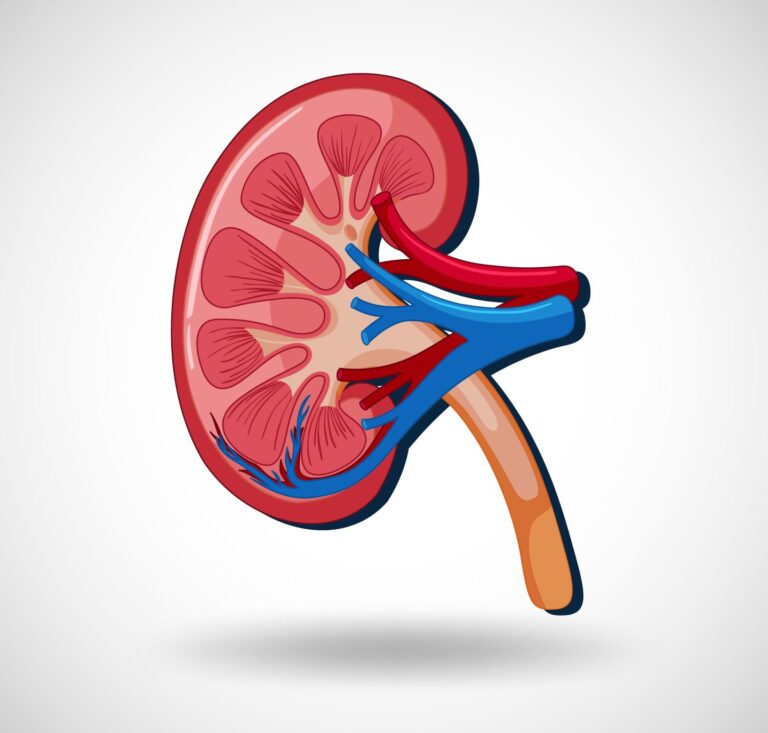Lifestyle Strategies for Managing Endometriosis and Managing Your Wellbeing

Living with endometriosis is a challenge that 1 in 10 women of reproductive age worldwide face. If you’re one of the people living with this condition, you’re probably looking for new lifestyle strategies to help you manage your symptoms. Medical treatment is of course crucial, but adopting healthy habits can complement it.
Balanced Nutrition for Endometriosis
Our diet can influence many aspects of our health. For this reason, studies are being done to see how diet can play into endometriosis. In 2021, there was a review of the existing literature on this topic. It concluded that there are several dietary items that are likely to help with symptom management.
- Omega-3: Try eating more fish, nuts and edible seaweed.
- Omega-6: Go for walnuts, hemp seeds and tofu.
- Cruciferous vegetables: Incorporate more vegetables from the cabbage family! Broccoli, cauliflower and kale are all strong choices.
- Fruits rich in antioxidants: Blueberries, strawberries and raspberries can help with this.
The review also found that inflammation plays a role in nutrition. Avoid inflammatory foods and take care to eat plenty of foods that have anti-inflammatory properties.
Exercise and Physical Activity
Endometriosis can cause painful symptoms, which may make exercise seem quite unattractive. A pelvic health specialist or women’s health specialist who knows about endo may be able to work with you. Regular exercise can help you reduce the inflammation, but of course, it needs to be done in a way that doesn’t make your pain worse.
You may find that regular Pilates and yoga help. These exercises are rooted in relaxation and breathing and can strengthen the pelvic floor.
Stress Management and Relaxation Techniques
Understandably, your stress levels may be quite high at the moment. As if having a long-term condition isn’t enough, sometimes medical prescription errors occur in the healthcare system too, adding additional worries.
If stress is present long-term, it can trigger inflammation in the immune system. It can also interfere with sleep, digestion and hormonal issues.
You may be able to manage and reduce your stress by introducing new techniques into your daily life. In the first instance, the dietary changes may help, as could introduction of manageable exercise. Daily mindfulness practice may also help. The body responds positively to conscious, slowed-down breathing!
Struggling to balance life’s stressors with destressing activities? Consider working alongside a wellness coach.
Adequate Sleep and Rest
You may also need a more regular sleep schedule to get the hours your body requires to rest and recover.
Don’t be hard on yourself if you get tired more easily than you used to. This is one of the symptoms people with endo sometimes come across!
Find it hard to sleep? Eliminate screens from your routine at least half an hour before bed. Instead, take a hot bath or shower or make a habit of reading a book during this time. These can make it easier to get to sleep quicker at night.
Mind-body Practices
There is a certain set of therapies known as “mind-body practices” which may help you manage your symptoms. It’s based on the “mind over matter” principle, and many people find it useful with stress management.
The body scan meditation technique and various deep breathing exercises are part of this. Mindful movement such as tai chi and yoga also come under this umbrella.
Holistic Self-care
Self-care isn’t a luxury. It’s a necessity! Spend ore time around people who make you feel good and reduce time with people who don’t. Treat yourself to hot baths and perhaps heat therapy on the pelvic area to reduce tension in that area. Living with a condition like endometriosis can be hard. Practise self-compassion and take care of both body and mind.





